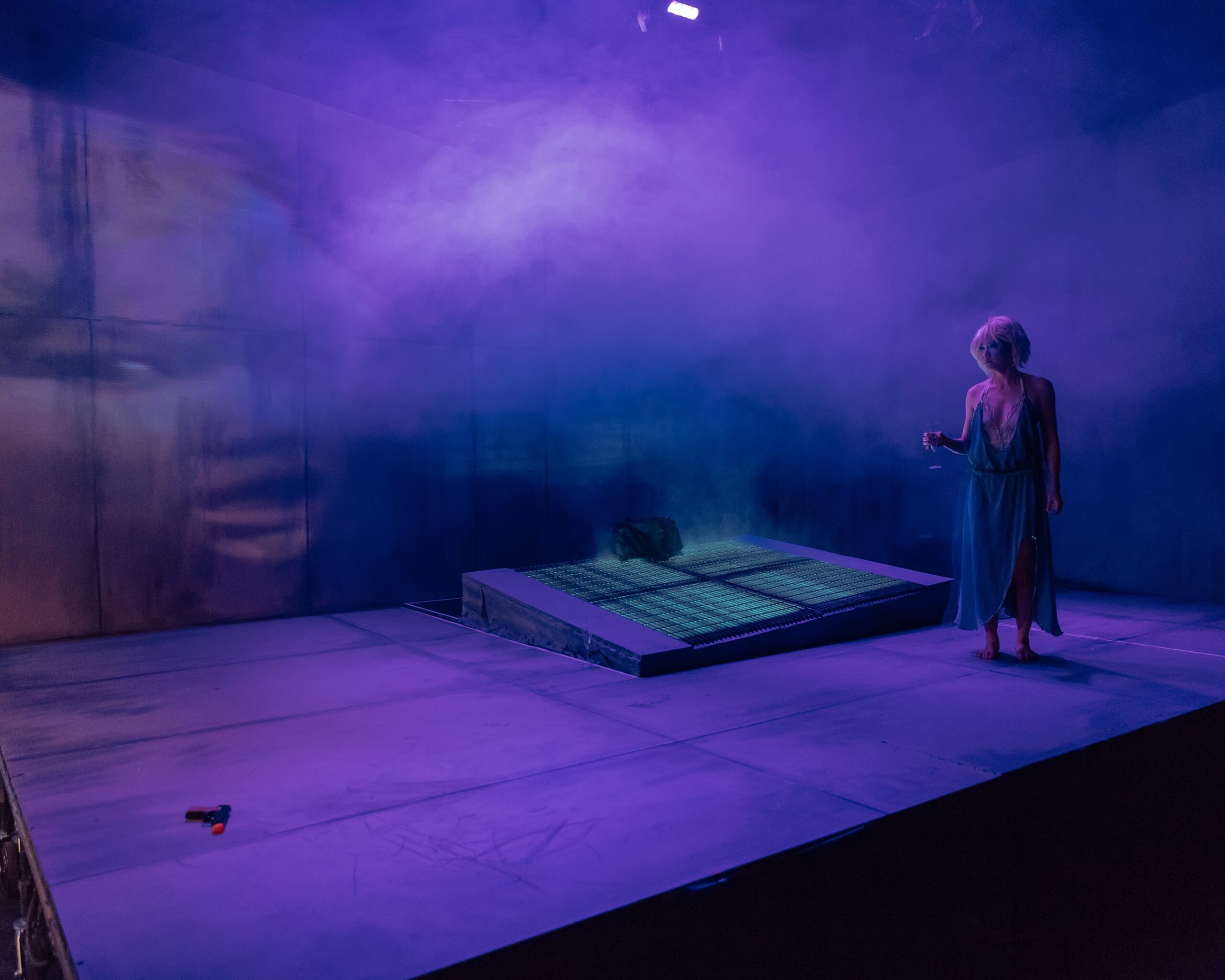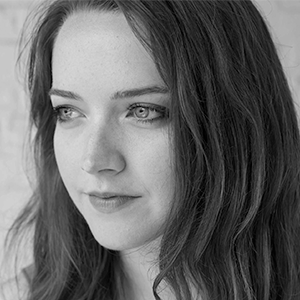7 Things You Might Become in Love
Susanna Fournier is a core collaborator on LULU v.7 // aspects of a femme fatale, that played at Buddies in Bad Times Theatre. In the show, what begins as sex-farce-monster-tragedy transforms into an intimate look at sex and death, love and grief, and the tension between art, politics, and longing in the twenty-first century.
Ask a sommelier how to learn about wine, they’ll tell you to drink it. Ask a writer how to learn about writing, they’ll tell you to write. I don’t think this approach works for brain surgery, but it’s what I’ve used to learn about love.
I’ve been researching intimacy and love within hook-up culture over the last four years as a part of my artistic collaboration on the LULU project. Sure I’ve read some theory, but most of my knowledge comes from one-on-one interviews and my own lived experiences. I’ve been in various types of intimate relationships—romantic and not, traditional and non-traditional (whatever those norms mean)—my whole life. I don’t have any letters or credentials that follow my name, but I do have a heart, seemingly relentless desire, and some prime battle scars.
I’ll never be finished learning about love because it isn’t one sole feeling; it is complex, capable of carrying contradiction. Love isn’t a fixed state, or some place you arrive at. It’s an offering, a practice, a collection of actions—and our attempts at love change us. Love’s ability to transform us is what makes loving such a revolutionary act in a culture simultaneously obsessed with the idea of change and in fear of it.
I’ve discovered that people can become all sorts of different things in love. Here are the ones I’ve encountered, in others and in myself, the most during my time in the field.
1. An idiot.
I say this with the utmost respect and affection. But your love blinders have robbed you of any other conversation topics, you keep spilling things on yourself and on others with the giddy energy that’s taken over your body, and, yes, I did see you accidentally walk into the furniture as your crush entered the room.
2. A stranger.
You haven’t seen your friends or family in months since you’re now spending all your free time with your beloved(s). Or you’ve given up behaviours you were previously known for (drinking, going out, eating meat or not), or started behaviours you were never known for (drinking, going out, eating meat or not). Or maybe you’ve just traded fake names with the pretty face from the bar and slipped down their hallway at night, knowing this love will exist for one night only.
3. A baby animal.
I don’t mean cuddly or puppy-like. I mean the blood and guts of post-birth, when you’re half blind and covered in goo. Ever see how a horse’s foal comes out inside the amniotic sac? YouTube it. Some love has you slopping into the world headfirst, hoping someone will clear your airways. You wobble—oh man do you wobble—as you find your feet, until one day you figure out this love is a fast gallop on the first day of spring.
4. A liar.
You’re blatantly saying and doing things you swore to yourself and others you wouldn’t say or do. You’re fighting dirty, blurring truths, trying to juggle too many lives (too many loves), or desperately pretending this love still works.
5. A ghost.
When love leaves, feeling—all feeling—is far away. You move through life not knowing how or why. Things happen. But nothing matters.
6. A workaholic.
For anyone whose work is their passion, deeply entwined with their identity, this love will see you night after sleepless night devoted (beyond reason) to your task. People say you work too much. Why do they never say you love too much?
7. A visionary.
Love is a force that can meet the entirety of your Being. It invites your entirety (often demands it) and then expands it. You tune into the pulse of life as it vibrates within the shrinking space between you and the beloved. Time speeds up and slows down all at once while the difference between waking and dreaming melts away. No longer bound by time or place, love connects you to possible futures longing to unfurl. How can you know the vastness of potential? Love beckons.









Comments